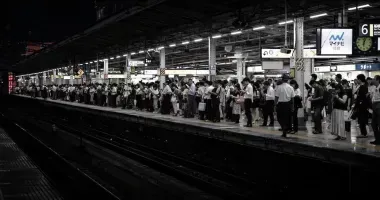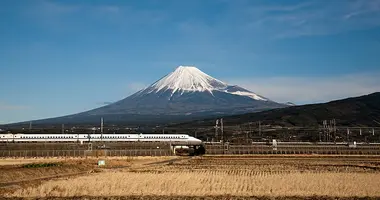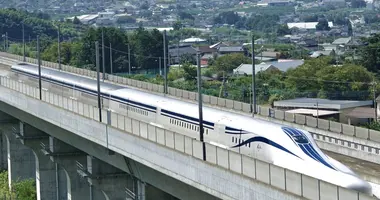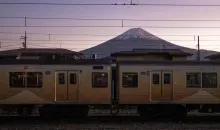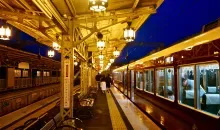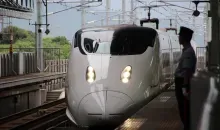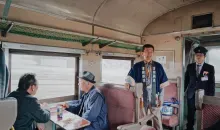Useful Train Station Vocabulary
- Published on : 26/06/2016
- by : Japan Experience
- Youtube
Words and Phrases to help you in Japanese Train Stations
Teach yourself a few useful words to use around Japanese train stations! Order your Japan Rail Pass today.
As you travel through the country with your Japan Rail Pass, you're bound to see some of the same Japanese words come up over and over. We've provided a few tips to make your travel even smoother, but don't worry! Everything is usually written in English, too.
Train words
- 自由席 (jiyū seki): non-reserved seating
All shinkansen bullet trains include 3 cars of free seating-- no seat reservations necessary, just board the train! The jiyū seki cars are either the first three cars or the last three cars, so check platform sign boards to check where to go.
- 指定席 (shitei seki): reserved seating
These cars require a specific seat reservation, and the conductor will come by to check your ticket. If you have not reserved a seat and notice that you're on a shitei seki car, you may be in the wrong place!
- 優先座席 (yūsen zaseki): priority seating
This phrase is usually followed by pictures to explain. These are seats reserved for people who may need to sit most: the elderly, expecting mothers, injured and sick people, and the physically challenged. It's probably best to avoid sitting in these seats, even if there's no one around, to keep them open for the aforementioned passengers.
- 喫煙 (kitsu-en): Smoking [section]
Some long distance trains, including shinkansen, will have smoking areas-- either a car where it's OK to smoke, or a standing area separated from the seats.
- 禁煙 (kin-en): Non-smoking [section]
Although it sounds very similar to the word for smoking section, kin-en designates an area as non-smoking. This includes all normal, shorter distance trains and subways, as well as buses and other transportation.
- 各駅停車 (kaku-eki teisha): "stops at every station"
This will let you know that the train is going to stop at every single station, and is not express. Sometimes semi-express, or junkyū trains, will start out as express, then switch to kaku-eki teisha and become a local train.
- 特急連絡 (tokKyū renraku): "Connects to the express train"
This is the Japanese word for "contact," and it's used in all sorts of situations, just like its English counterpart. If you happen to see this word on a train sign or hear the conductor announce it on the train, however, it means that this train will make contact with another train.
In otherwords, if you're on a futsū local train, they'll tell you at what station it stops at the same time as a tokyū express train-- feel free to hop from the local to the express, or vice versa, to save time in your journey!



